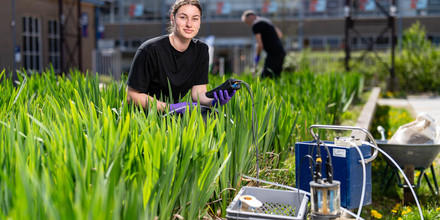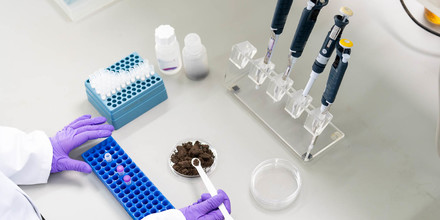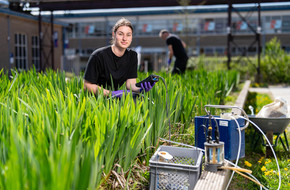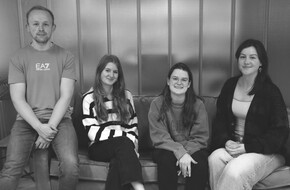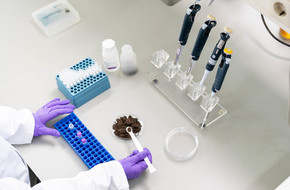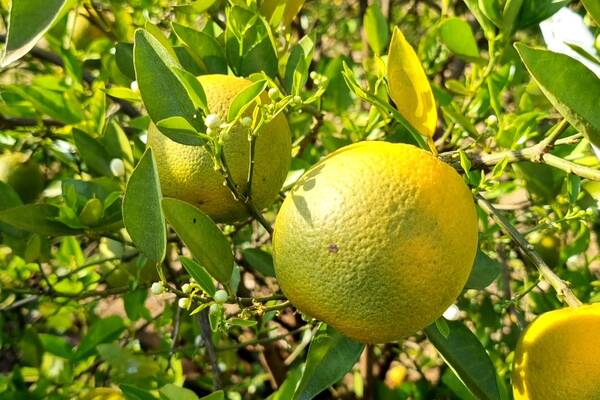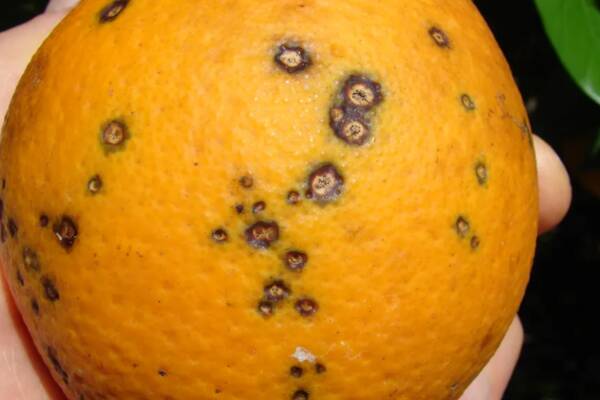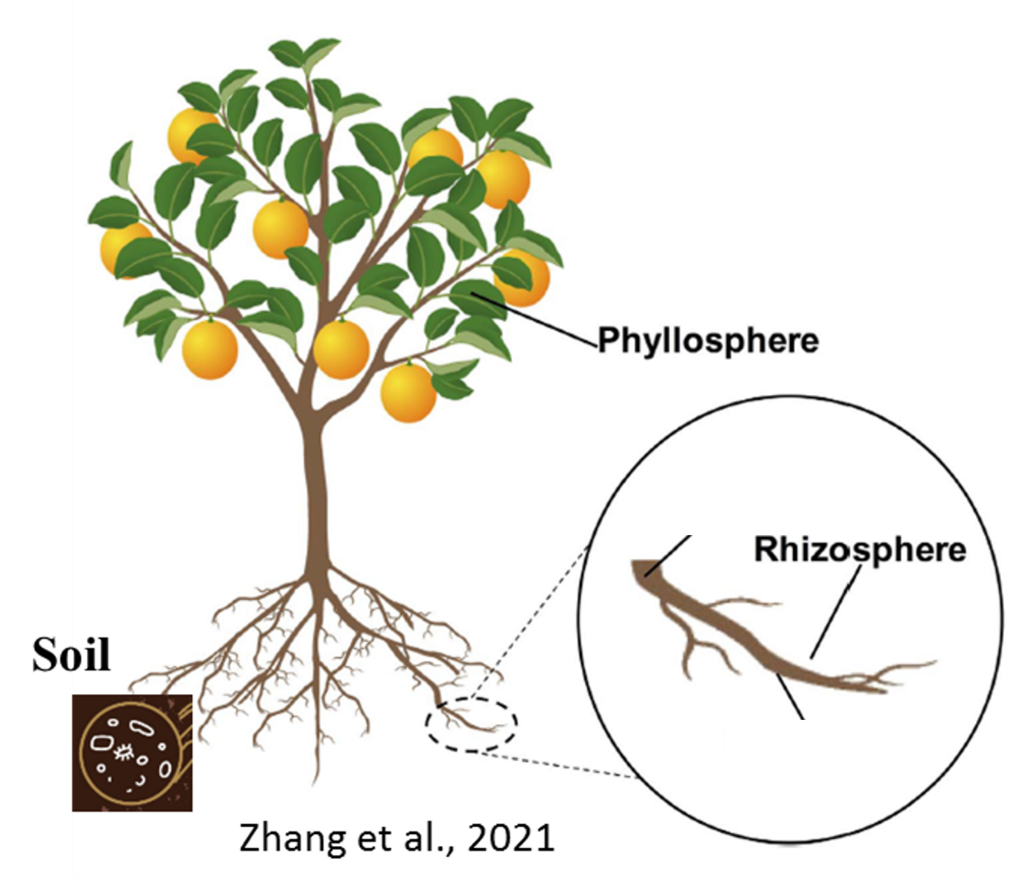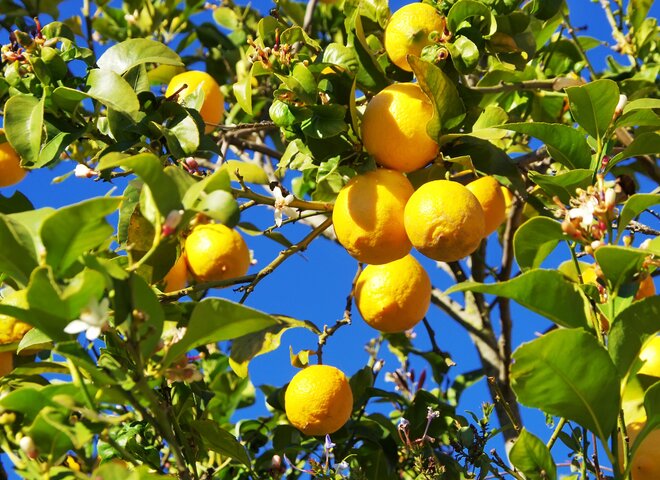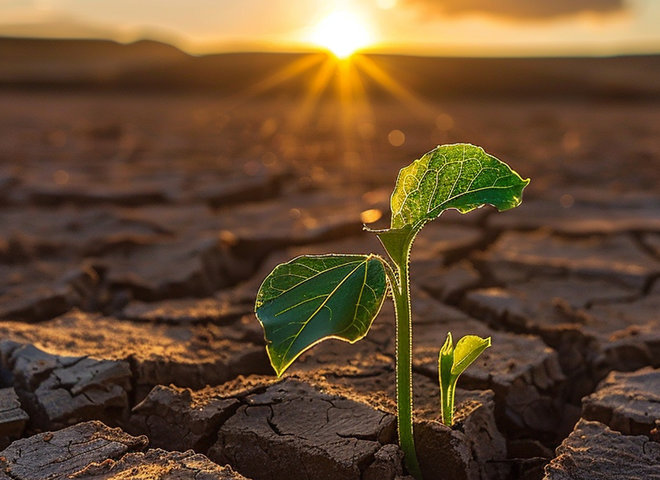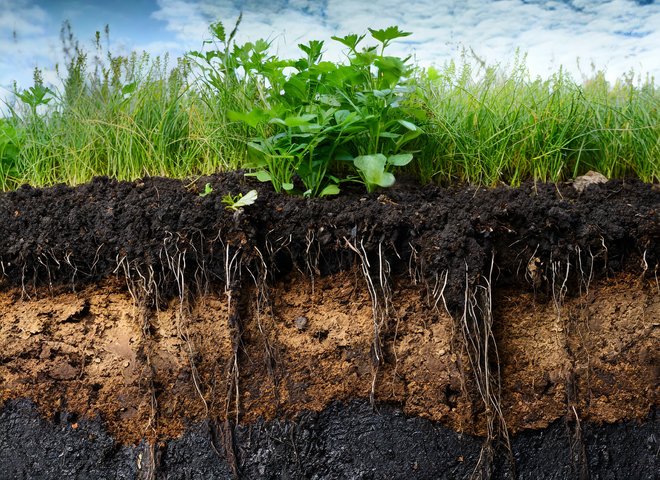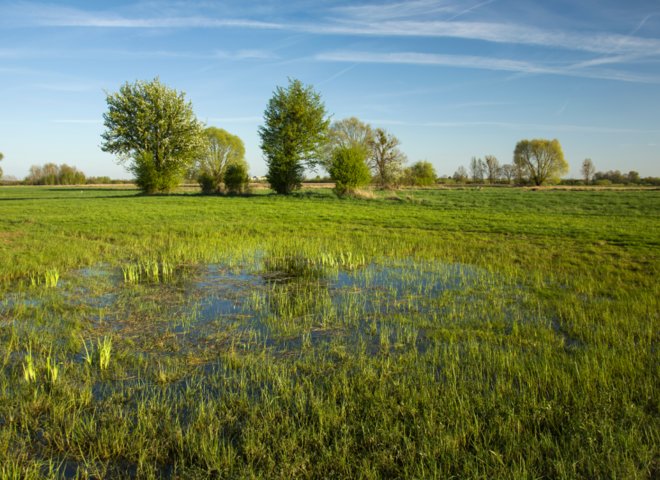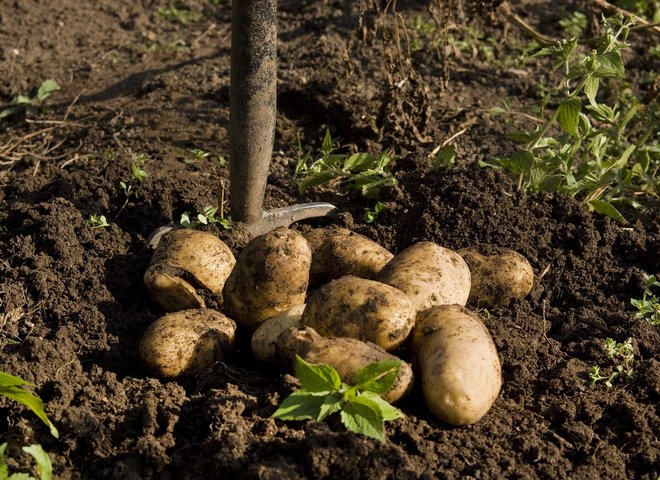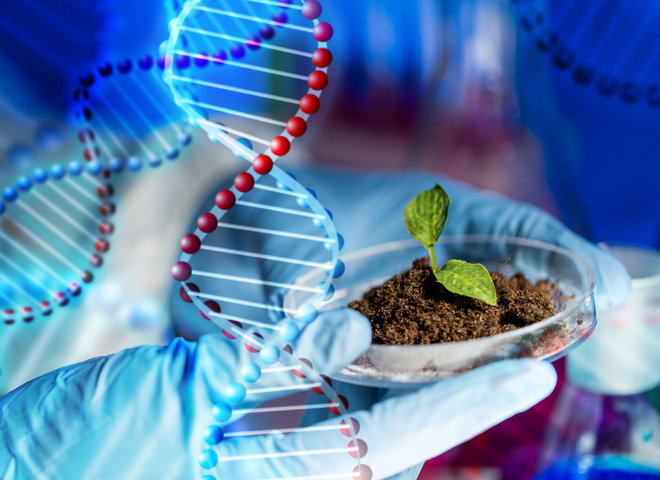Major Citrus Diseases in Focus
Among the five major citrus diseases threatening Europe, our primary focus is on:
- Huanglongbing (HLB) or Citrus Greening – Caused by the gram-negative bacteria Candidatus Liberibacter spp. and transmitted by carrying insects(Diaphorina citri and Trioza erytreae) that feed on citrus trees. HLB weakens the plant’s immune system, allowing the infection to spread silently. Therefore, infected trees don’t look sick right away and it can take months before symptoms appear. During this time, the disease can spread silently through an entire orchard, making early detection and control absolutely critical..
- Citrus Black Spot (CBS) – Caused by the fungus Phyllosticta citricarpa, this disease primarily affects the peels and leaves of citrus plants. Unlike HLB, it does not require an insect carrier and spreads via wind from tree to tree. The fungus remains dormant under the fruit’s skin for several months before symptoms become visible.
This is how the fruits of the orange trees look like when they are infected by HLB or CBS.


